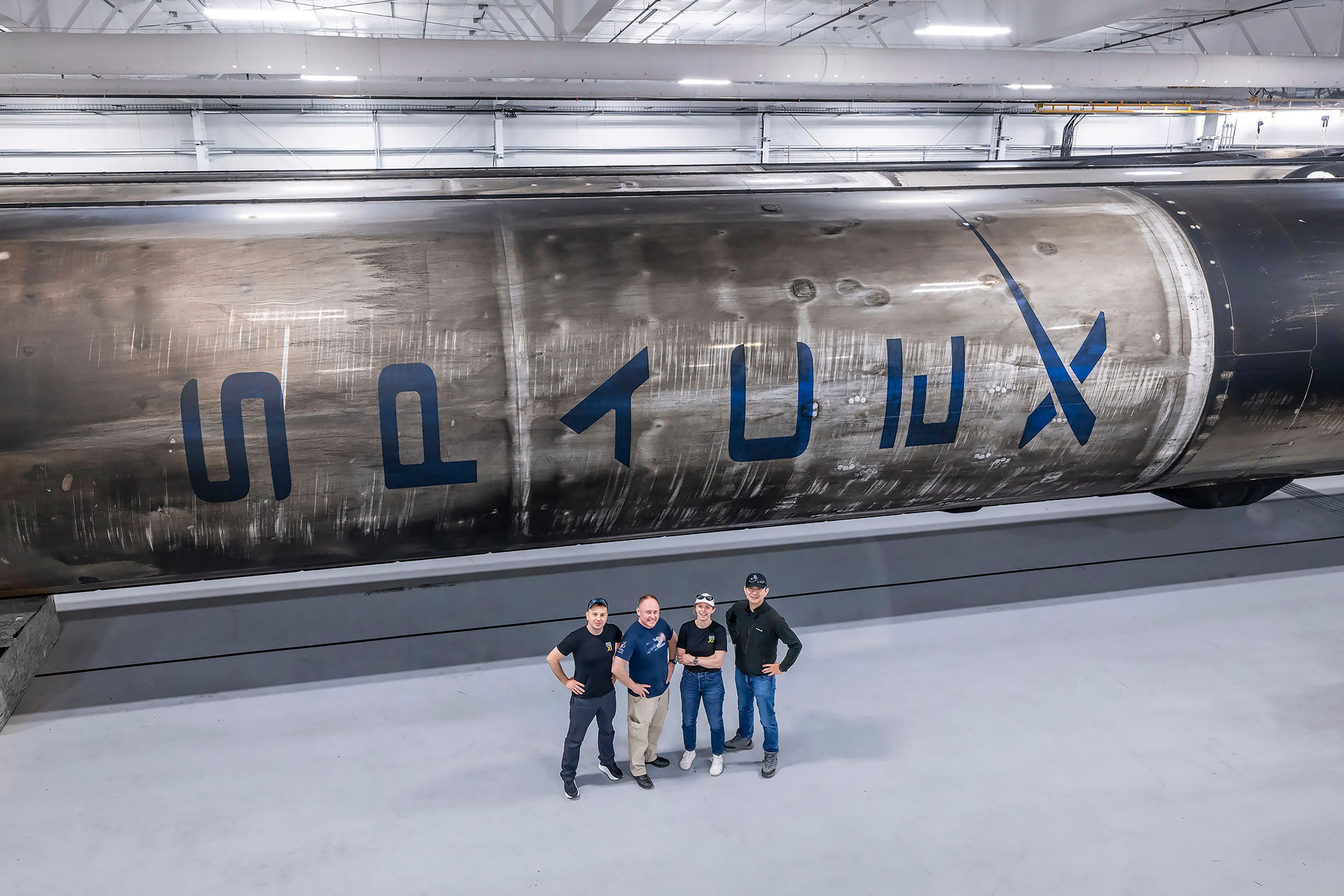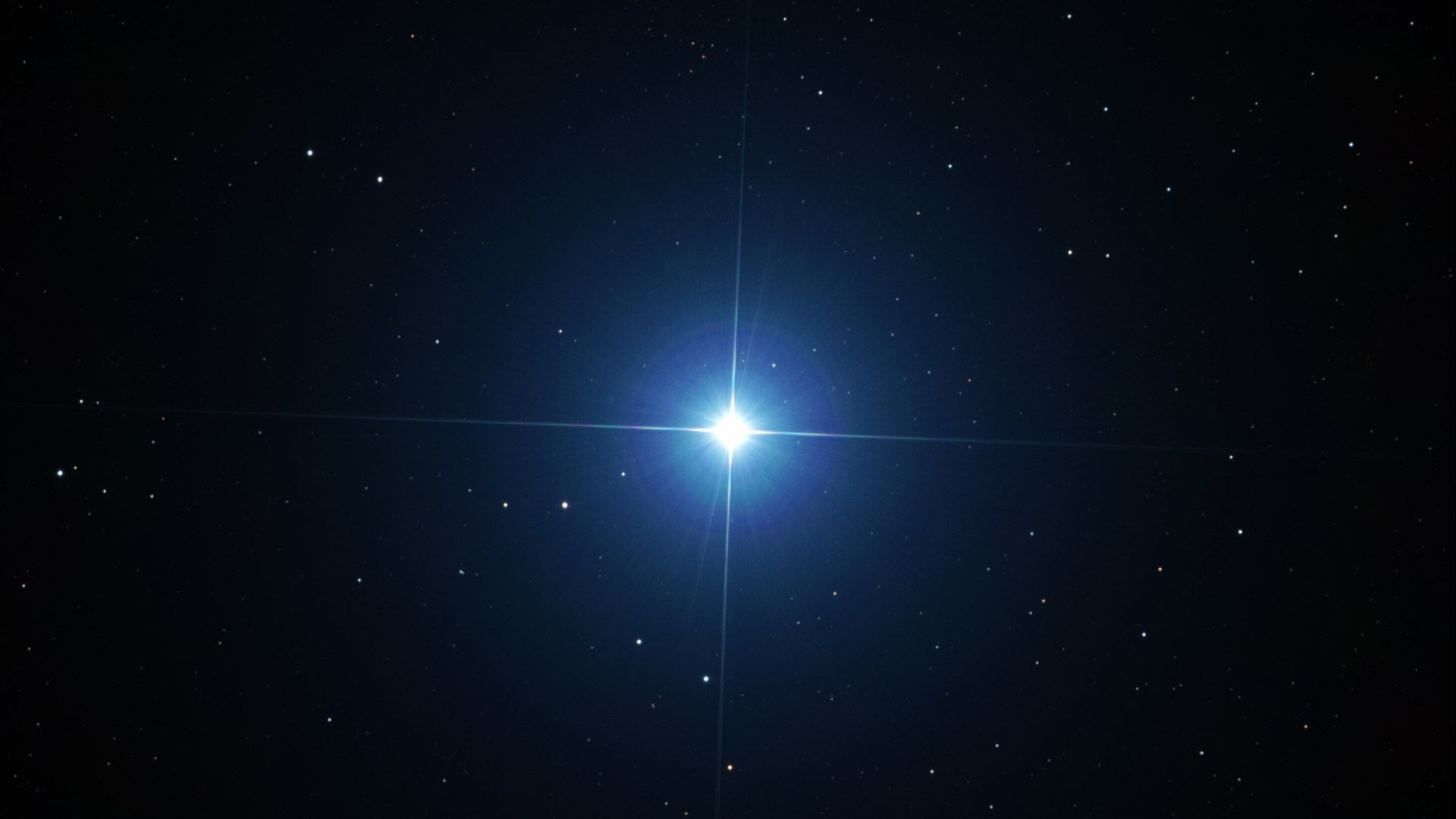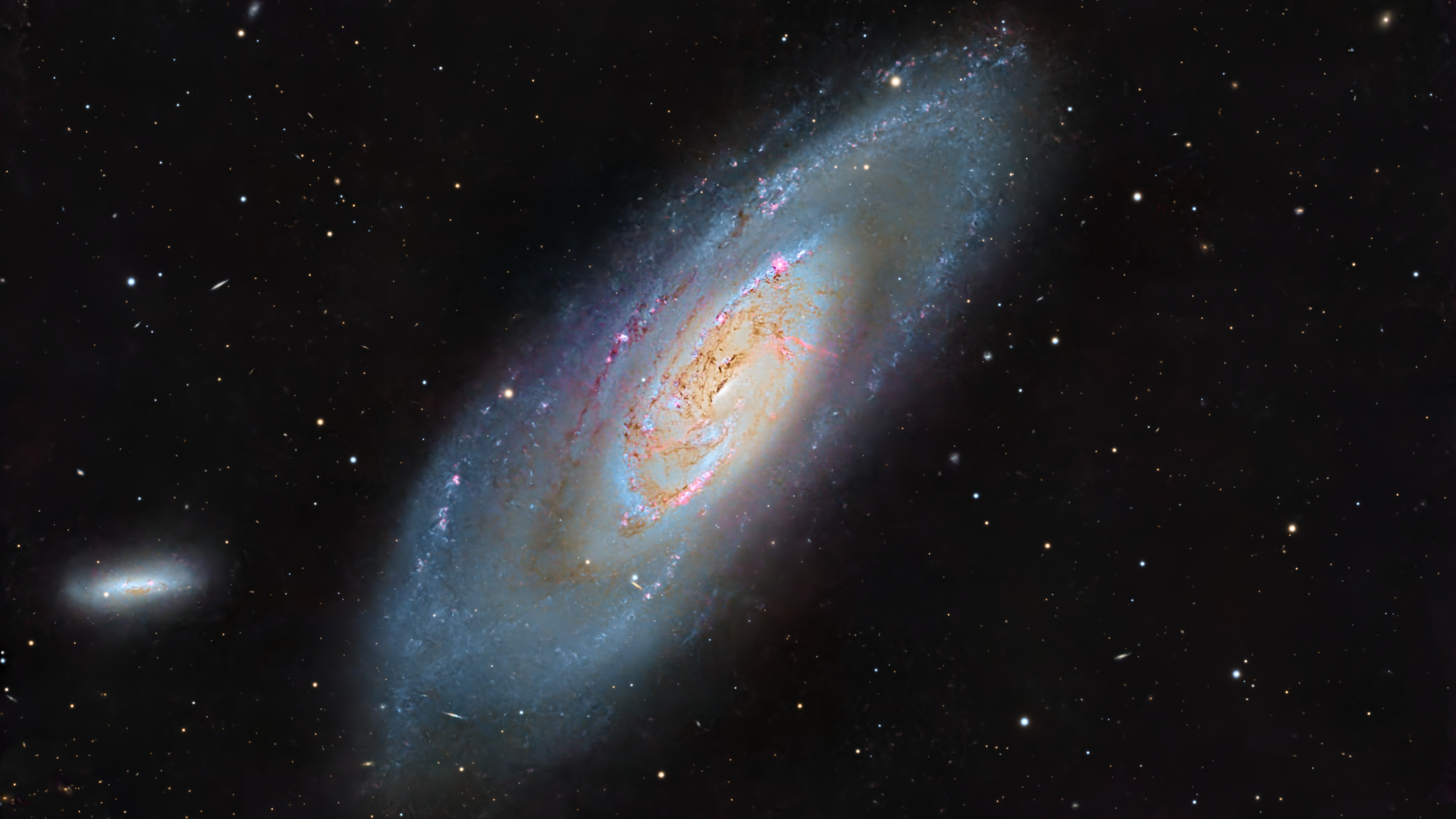Boeing Targets $17 Billion in Satellite Manufacturing Contracts
Paris —Boeing Co. is seeking to position itself for a period that promises anunprecedented volume of U.S. government satellite contracts, company officialssaid during a Dec. 11 conference call with journalists in which they discussedwork on GPS navigation satellites, the Wideband Global Satellitetelecommunications system and its bid for the Transformational Satellite (TSat)contract.
Officials fromthe Boeing Space and Intelligence Systems division said they had learned thehard lessons from contract glitches that have resulted in cost overruns anddelivery delays on their programs in recent years.
Boeingestimates that between now and the end of 2008, satellite contracts valued atbetween $15 billion and $17 billion will be up for competition. The figureincludes T-Sat, GPS-3, the next-generation Tracking and Data Relay SatelliteSystem (TDRSS) and the U.S. government?s series of Geostationary OperationalEnvironmental Satellites, or GOES-R, plus several commercial-satellite programsfor which Boeing expects to bid in 2008.
Boeingofficials said they are assessing the contract value for the TDRSS deal atslightly more than $1 billion for four satellites.
Boeing isprime contractor for the GPS-2F block of navigation satellites and also isbidding for the first batch of GPS-3 spacecraft, called Block A, which istentatively expected to be in service starting in 2013. This first group ofspacecraft will include at least eight satellites, with options for up to 12more, according to Boeing.
The U.S.Air Force has been reviewing GPS-3 bids from Boeing and competitor LockheedMartin Corp. since late August and is expected to return with more-precise bidspecifications, which will be followed by a second series of bids by bothcompanies. A final decision on a Block A contractor is expected sometime in2008.
GPS-3 willbe much larger than its predecessors under the Boeing design. Boeing is biddinga modified version of its 702 platform for the work.
Get the Space.com Newsletter
Breaking space news, the latest updates on rocket launches, skywatching events and more!
John Duddy,Boeing?s GPS program manager, said the first GPS-2F satellite, which heconceded has faced ?a lot of challenges? in development, is in thermal-vacuumtesting and will be delivered in 2008. ?We had some issues on GPS, and weneeded to get back to basics,? Duddy said. ?Now, if there are issues withsuppliers, we ?go ugly? early so that we can work the issues. Over the last oneand one-half years there has been quite an improvement.?
Boeing isunder contract to deliver five Wideband Global System telecommunicationssatellites. The first was launched in October and now is undergoing tests ofits payload, program manager Mark Spiwak said. Transfer to the U.S. Air Forceis expected in January, he said.
The secondand third WGS satellites are on track for launches in the third and fourthquarters of 2008. The fourth and fifth models, part of a Block 2 WGS order,will be launched ?in the 2011 time frame,? Spiwak said. The U.S. Air Force isexpected to exercise an option for a sixth WGS satellite, for launch in 2013,following an agreement with the Australian government to participatefinancially in WGS in return for use of the constellation. Spiwak said Boeingexpects to receive formal go-ahead on the sixth satellite within a few weeks.
Boeingofficials say the three Spaceway Ka-band satellites now in orbit — two forDirecTV Group for television broadcasts, one for Hughes Network Systems fortwo-way Internet links — will have the effect of technology demonstrators forcertain TSAT elements as the U.S. Air Force weighs the Boeing bid against acompeting offer by Lockheed Martin and Northrop Grumman Corp. John Petersen,Boeing?s T-Sat program manager, said the company plans a second series ofdemonstrations of its T-Sat capabilities using the Spaceway 3 satellite inFebruary. Spaceway 3 is in final in-orbit testing by Hughes Network Systems andis expected to begin commercial service by March.
- VIDEO: Moon 2.0: Join the Revolution
- VIDEO: A New Era of Exploration with NASA's Orion and Ares
- IMAGES: NASA's Next Spaceship
Comments:pdeselding@gmail.com
Join our Space Forums to keep talking space on the latest missions, night sky and more! And if you have a news tip, correction or comment, let us know at: community@space.com.

Charles Q. Choi is a contributing writer for Space.com and Live Science. He covers all things human origins and astronomy as well as physics, animals and general science topics. Charles has a Master of Arts degree from the University of Missouri-Columbia, School of Journalism and a Bachelor of Arts degree from the University of South Florida. Charles has visited every continent on Earth, drinking rancid yak butter tea in Lhasa, snorkeling with sea lions in the Galapagos and even climbing an iceberg in Antarctica. Visit him at http://www.sciwriter.us









